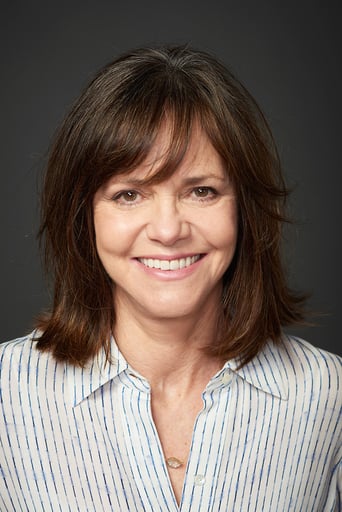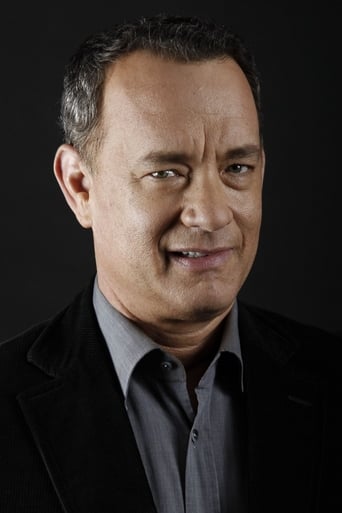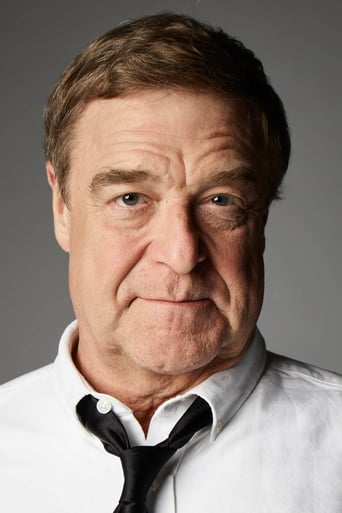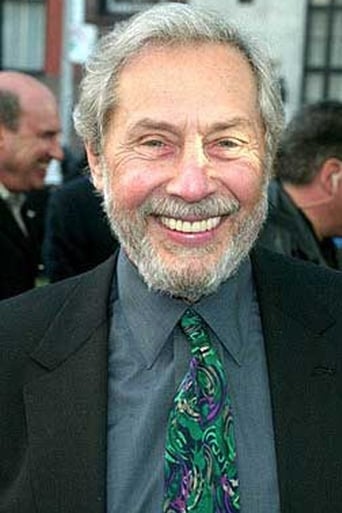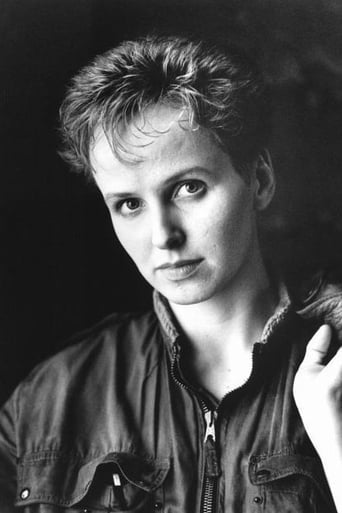elshikh4
First of all, it was main reason of my failure at one exam during my college days. Yes, at the night of the exam I wasn't that ready to tell you the truth, however instead of reviewing the course, I sat to view this movie, then I burned all the midnight oil reviewing it. And the result was pernicious.Well, it's one way to say that I loved it! I didn't regret at all. I just kept asking what was this movie about? And why it's magical? After 11 years, I ran into it again. Ohh, I felt like meeting an old friend who I've been missing for a long time. I was so happy out of re-seeing it, contemplating every second, being dazzled. Damn, I do love it.But despite its nice drama it got me confused. What was it about ? Hmm, maybe it's about how we meet in our dreams, yet not our goals. That makes a perfect "impossible love story". Yet (Punchline) wanted another thing which is being a movie about the stand-up comedians and their world. And when it came to this second purpose it didn't achieve. I believe someone like (Scorsese) would have made it with the 2 missions yet in longer movie.Its magic comes mainly from its characters and its simple way of showing them. (Steven Gold), played by Tom Hanks, is so dramatically attractive. He's talented, lonely and complicated since his childhood. He's afraid of love, but when he thinks that he found it he loses it. It can fit the meaning of the one who makes the smile in the people's life the most is the one who doesn't meet it in his own. And again we can dream together, but at the end we might not get together. The melancholy of the movie remains in the way (Gold)'s storyline ends, since he finds success at last, but not love; meaning that success can be enough love.Another character. (Lilah Krytsick) the mom, played by (Sally Field). This woman just wants to know does she funny or not? She got everything but the assurance that she can make laughs. So she lived her victory the moment her husband knew that she can. Hence her winning at last meant nothing, and her giving up the award was natural since she doesn't need it, as she already won what she originally dreamed of. So while (Gold) wanted the recognition of the world, (Krytsick) wanted the recognition of just her husband. As you see, success was his love, and love was her success.One last character, the club's owner. This guy, played smartly by (Mark Rydell), got no dream but investing the other's dreams as long as they bring him money. He meets with the successful one, since they're successful, then throws them down afterwards if they lost their glamour. He's so practical. Success, according to him, is money. Not real love he gives or takes. So, sarcastically, his name was Romeo ! I loved many feelings it gives. For instance the desire to be something else the image which has been forced on you (Hanks wants to be a stand-up comedian instead of a doctor), unnoticing that the most expensive love is the free one around us (Goodman makes his wife feel good about her hair), and the over pressing craving to succeed (aren't all we? ALL THE TIME TOO ?!). Let alone the feel of lost love; certainly we all got respect to the noble loser lover.You may say it's about chasing different dreams in the same track; (Lilah) wanted her self-confidence and her family, (Steven) wanted the breakthrough that his talent needed, (Romeo) wanted the money, and (Emperato), the comedian played by (Taylor Negron), wanted the recognition of (Steven), or something higher than it. Or it's about the comedy clubs' life. Or it's about the pains of the funny guys (Did you see Hanks dancing, slaughtered, in the rain ?!). Many issues huh ?! Frankly this non-concentrated condition was a shortcoming! The crowded presence of many interesting characters (the different comedians, especially the old one) so unused in the background causes a feeling of a deficiency of something good or an excessiveness of something wasn't done. Furthermore, I bet the persona of (Hanks) at the time as a comic star plus the publicity of the movie as a comedy destroyed it utterly. It can be perfectly misunderstood whether as comedy without a punchline, or disappointing romance. While it isn't both.Actually it's about none other than the recognition; it has many faces as the same number as the ones who dream of it, and every face clarifies its dreamer's real purpose, hence self. And as every joke has its different, very own, punchline, every one has a goal that uncovers their marrow in the end. Anyway, despite any problems (Punchlibe) has, it still holds up as fine time. It got deep and hot characters. It got such a smooth and warm feel. And it got me thinking and entertained. It achieves entertaining time like any comedy yet more touching. And ends happily like any usual romance yet in its own way.The 1980s was magical itself. And it's a rare time to feel that one movie is your friend. Well, dear friend is the word.
moonspinner55
A 'dramedy' about stand-up comedy written and directed by David Seltzer, who shows no wistfulness or whimsy for show-biz--for him, it's all about the anxiety of getting a performance right. Tom Hanks has acting talent to spare, yet he does not possess the right timing to be convincing as a stand-up comic (he's all fired up, but he's firing blanks). Sally Field fares somewhat better as a housewife/amateur comedienne who looks to Tom for advice and finds herself a little smitten; her routine on-stage isn't convincing either, but Field's gumshun saves her (she's likable despite the character being a cut-out). John Goodman (as Field's husband) has made a career out of playing down-to-earth, amiable guys; though he's unable to really shine with this shallow material, his low-keyed, self-effacing acting style brings out the best in Seltzer's formulaic impulses--he's the most pleasant part of the film. The writing is so purposefully sour, one squirms through the jokes as much as through the drama. The movie's main purpose is to show us the dark side of comedy...but who wants to see that? *1/2 from ****
Leah
A reviewer once complained that "Punchline" commits an unforgivable sin by being an unfunny movie about stand up comics. For anyone who agrees, try looking "irony" up in the dictionary - it's an element that's occasionally used outside of the literary world. The film's deliberately awkward and painful scenes illustrate the point, "Lady, nothing is a joke to me. That's why I'm in comedy. And that's why you're not." The same reviewer made the hilarious claim that comics never tell jokes out of compulsion or denial, but simply because "they love making other people laugh." newsflash: creative and hysterical people are often highly dysfunctional! :D thank you goodnight!
ccthemovieman-1
Memorable.....but bad memories outweigh good, at least for me, with this movie. That's my recollection of this film which, frankly, I haven't seen in over a decade. However, this movie left some indelible impressions in my sensitive memory, and perhaps I'll re-visit it again one day.Tom Hanks was mesmerizing as the haunted comedian, a man with a lot of talent to make people laugh but a guy tormented by the lack of support from his father. There is a scene or two in here with this dad that is so uncomfortable to watch that it has prevented me from seeing this another time.Too bad, because I do remember some wonderful, funny scenes such as Hanks in the hospital entertaining the patients. Sally Field also gives a touching performance as a housewife trying to break into the business, and John Goodman is likable as her husband.An interesting film with very emotional scenes you won't forget. It's almost too much for me, for some reason.





